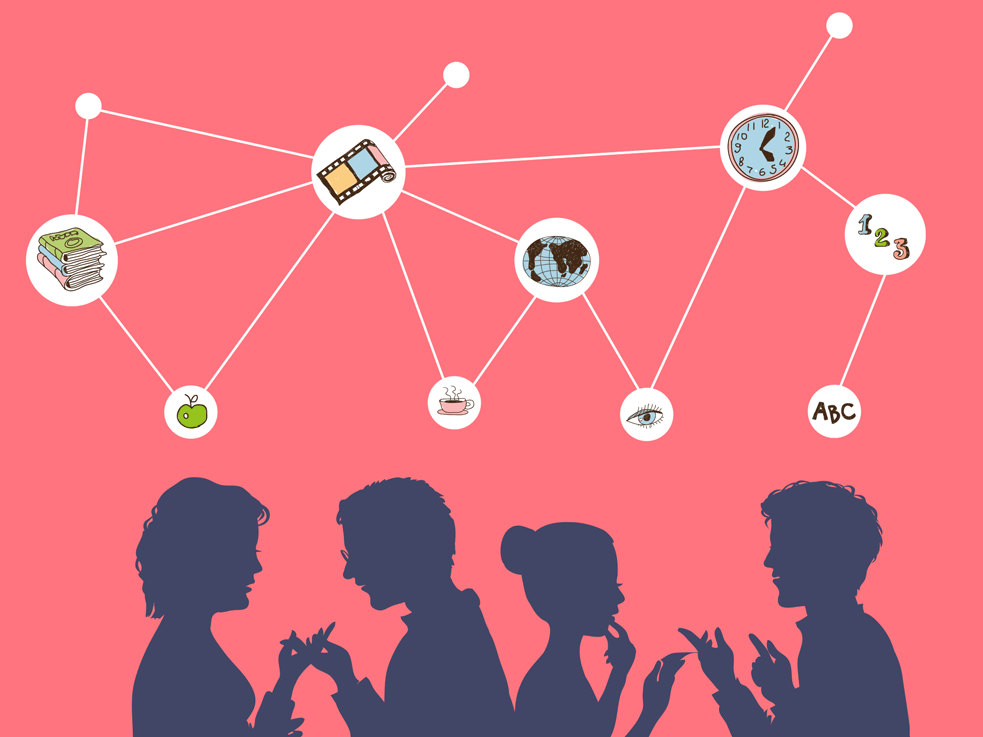It’s easier to remain in the comfort of the language you grew up learning, the one with which it is easiest to communicate with and understand the world around you. But the truth is that it is far more rewarding and valuable to step outside of that comfort zone, as it can introduce you to a far bigger world.
Knowing more than one language gives you the ability to communicate with people from different backgrounds, cultures, and countries. Additionally, it can give you the opportunity to explore and navigate a variety of educational resources and career options that seem out of reach only due to a language barrier. According to the Language Connects Foundation, around 90% of U.S. employers rely “on employees who speak more than one language,” demonstrating the practical uses and advantages of knowing more than one language in working environments. The practice of learning languages also challenges you to delve into a world you are unfamiliar and uncomfortable with, which makes your decision-making skills stronger and improves your endurance in tough situations. It, too, in turn works your brain by improving your memory, concentration, and creativity.
Below are some ways to begin or continue practicing a new language:
- Start methodically, but slowly. Re-download the Duolingo app you installed a year ago and proceeded to ignore after you lost your streak from lack of practicing. Some apps/websites to help with grammar, vocabulary, and comprehension are LingcoDeer, Drops, and LingQ, as well as countless others you can find online and choose based on what methods work best for you.
- Watch some international films, and in the beginning, keep English subtitles turned on. After a while, see if you can vaguely understand what is going on or being said without the subtitles. It will be frustrating, but watching a movie or show will at least be entertaining as you struggle through the process. For those reluctant to watch films with subtitles, as Korean director Bong Joon-ho states, “Once you overcome the one-inch tall barrier of subtitles, you will be introduced to so many more amazing films.” Not only is this true as there is a wealth of wonderfully crafted movies and shows outside of the U.S. that many are unaware of, but it can also be applied in a broader context, in that getting past such a small aspect of learning something new can open your mind to new perspectives, ways of looking at the world, and an understanding of people and places outside of your own bubble of knowledge. Additionally, as much as reading and writing are essential to developing language skills, auditory ways of learning like watching movies allows you to become accustomed with pronunciation of words, as well as slang and accents from different cultures and countries.
- Begin to self-teach. Find a textbook or an online class that will help you progress from beginner levels of learning to advanced ones.
- If you have relatives that speak different languages, begin practicing with them. Often, people close to us are great mentors and can help us learn languages at an earlier age.
Learning languages is a core part of maintaining communication and understanding with a variety of cultures and people and is a quintessential part of becoming familiar with human values and ways of thinking. Besides its many cognitive benefits and ability to foster interpersonal connections, it simultaneously serves as a challenge and reward to anyone who delves into exploring it, and it is necessary for everyone to at least attempt to do so.
Sources:


